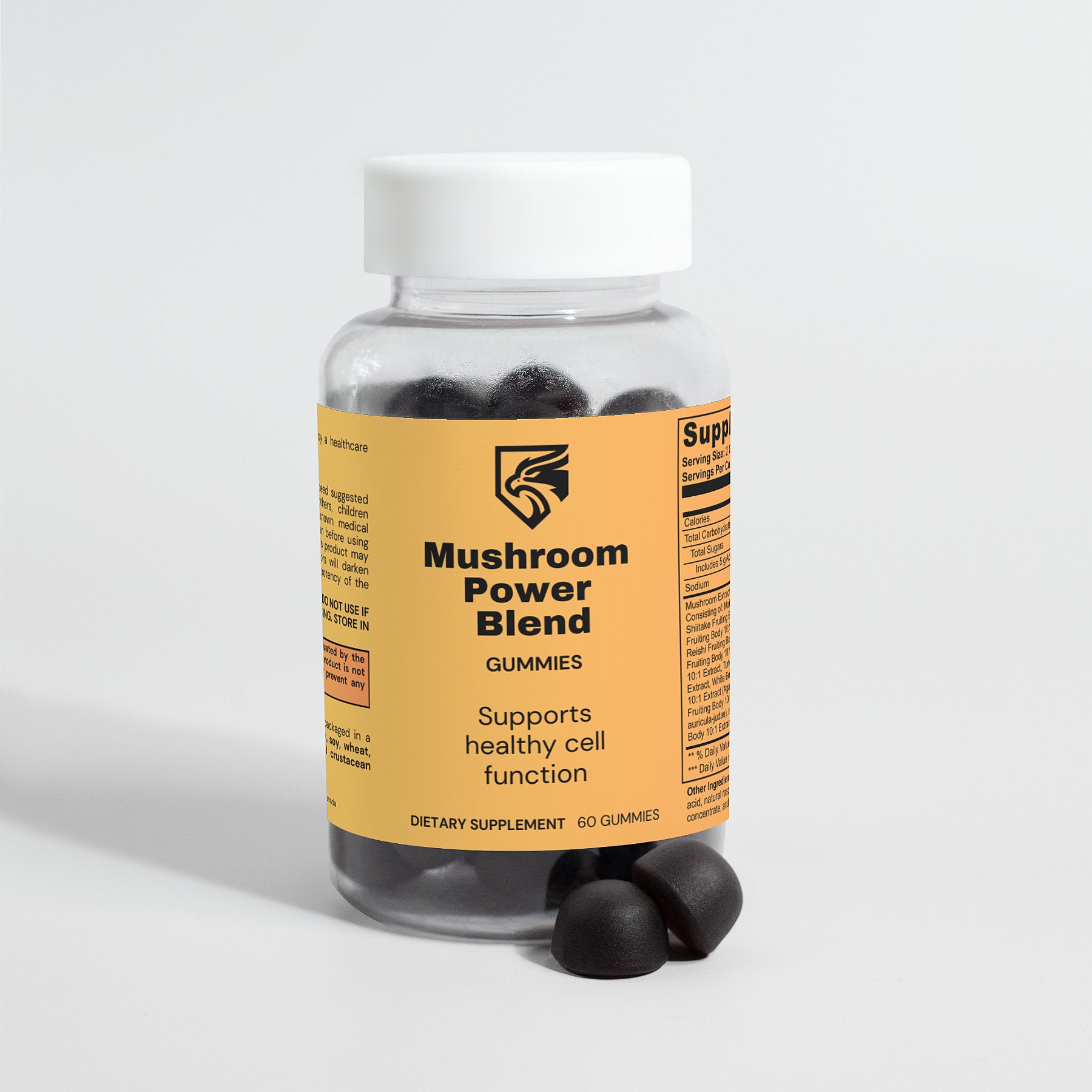Testosterone is often hailed as the quintessential male hormone, and rightfully so. Beyond its association with masculinity, testosterone plays a pivotal role in men's health, influencing various aspects of their physical and emotional well-being.
At its core, testosterone is responsible for the development of male reproductive tissues and the promotion of secondary sexual characteristics during puberty. However, its influence extends far beyond adolescence. One of its most prominent effects is on muscle mass and strength. Testosterone aids in protein synthesis, the process by which muscles repair and grow after exercise. Consequently, optimal testosterone levels are crucial for maintaining muscle mass and overall physical performance.
Moreover, testosterone plays a crucial role in bone health. It stimulates bone mineralization and helps maintain bone density, reducing the risk of osteoporosis and fractures in men. As men age, testosterone levels gradually decline, which can contribute to decreased bone density and an increased susceptibility to fractures.
Beyond the physical realm, testosterone influences mood and cognitive function. Low testosterone levels have been linked to symptoms of depression, irritability, and decreased motivation. Conversely, adequate testosterone levels are associated with improved mood, cognitive function, and a greater sense of well-being.
Perhaps one of the most well-known effects of testosterone is its impact on libido and sexual function. Testosterone fuels the male sex drive, influencing arousal, sexual desire, and erectile function. Consequently, low testosterone levels can lead to decreased libido and sexual dysfunction, affecting both physical intimacy and overall quality of life.
Various factors can influence testosterone levels, including age, genetics, lifestyle, and underlying health conditions. Chronic stress, poor sleep quality, obesity, and certain medications can all contribute to decreased testosterone production. Conversely, regular exercise, a healthy diet, adequate sleep, and stress management techniques can help optimize testosterone levels.
While testosterone naturally declines with age, abnormally low levels can have significant health consequences. Low testosterone, or hypogonadism, has been associated with an increased risk of cardiovascular disease, metabolic syndrome, and even mortality. Recognizing the signs and symptoms of low testosterone and addressing underlying factors contributing to its decline is essential for maintaining men's overall health and well-being.
In conclusion, testosterone is far more than just a hormone associated with masculinity. It is a key player in men's health, influencing everything from muscle mass and bone density to mood regulation and sexual function. Understanding the role of testosterone and taking steps to optimize its levels can have profound effects on men's overall health and quality of life.







Leave a comment
All comments are moderated before being published.
This site is protected by hCaptcha and the hCaptcha Privacy Policy and Terms of Service apply.